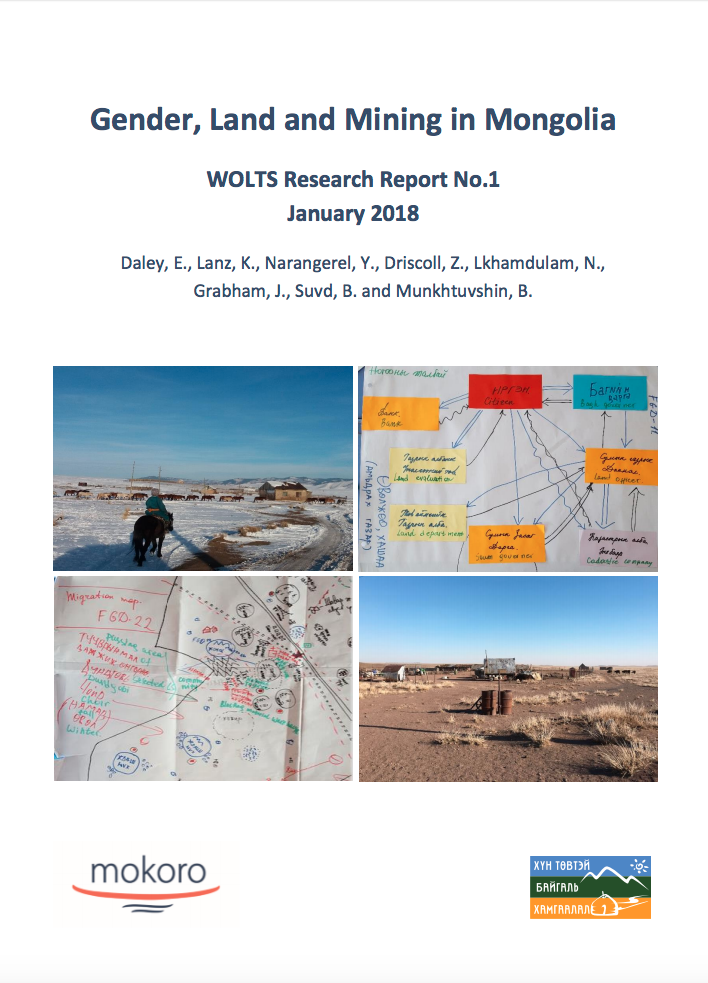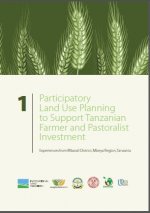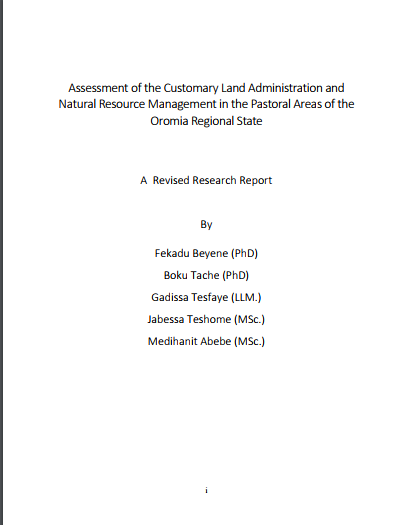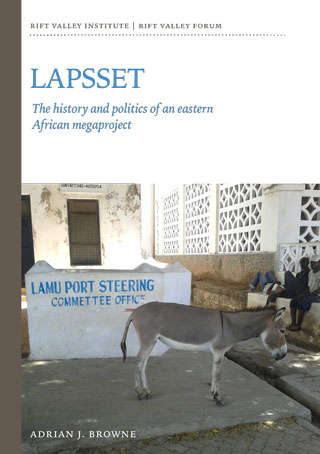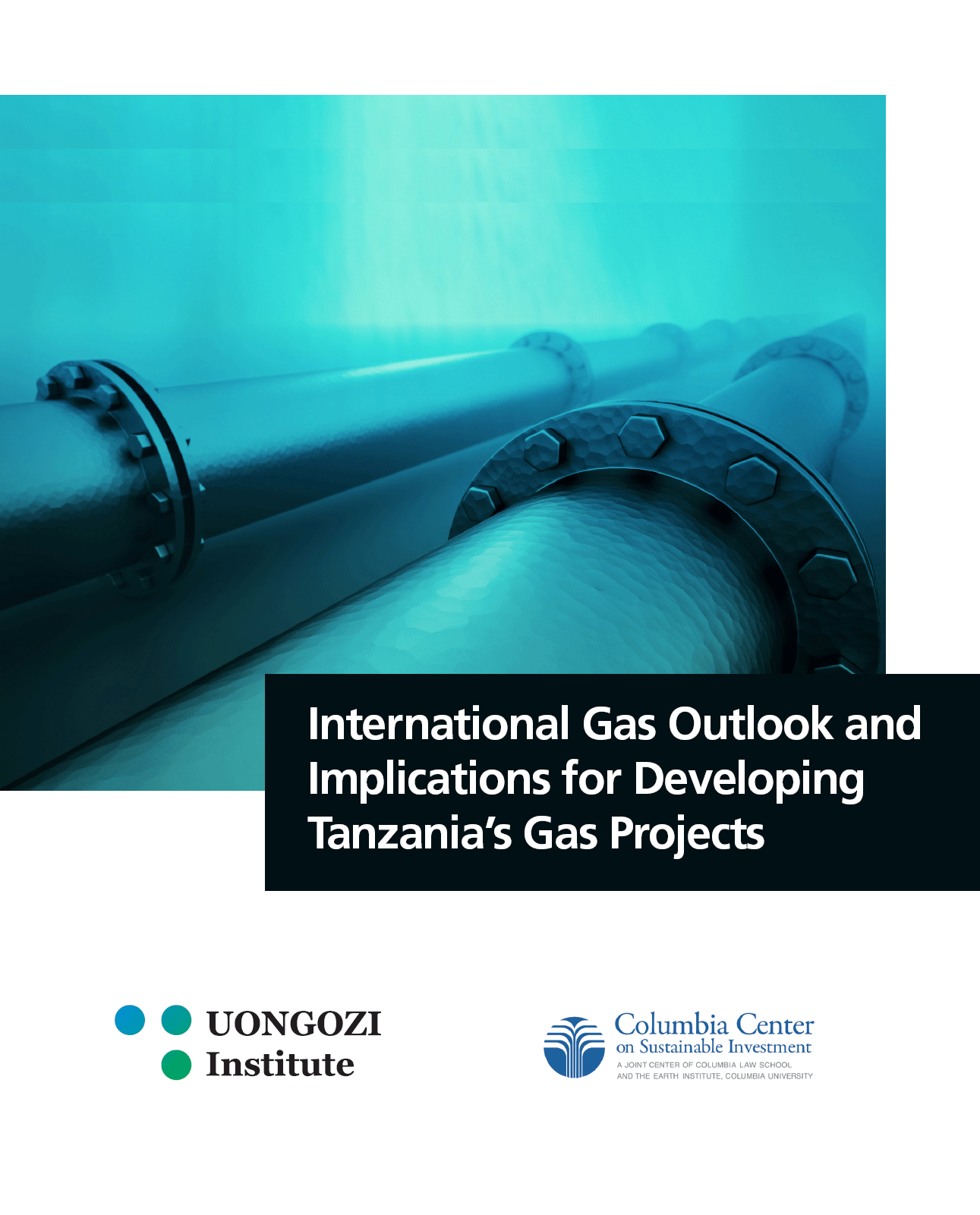Transnational land deals for agriculture in the Global South: Analytical report based on the Land Matrix data
This report draws on the Land Matrix database to analyze and better understand the phenomenon of large-scale agricultural land deals. It focuses on:
» land acquisitions or investments (“deals”) targeting the Global South and Eastern Europe, including only low and middle income countries;
» transnational deals, excluding deals where only domestic actors are involved; and
» deals where the envisioned land use is agricultural.



